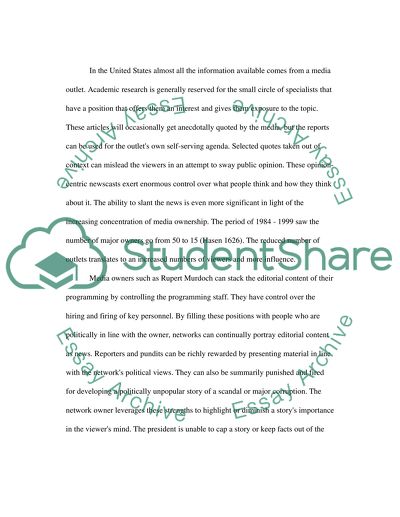Cite this document
(“The Power of the Media Tycoon Essay Example | Topics and Well Written Essays - 2250 words”, n.d.)
The Power of the Media Tycoon Essay Example | Topics and Well Written Essays - 2250 words. Retrieved from https://studentshare.org/miscellaneous/1530858-the-power-of-the-media-tycoon
The Power of the Media Tycoon Essay Example | Topics and Well Written Essays - 2250 words. Retrieved from https://studentshare.org/miscellaneous/1530858-the-power-of-the-media-tycoon
(The Power of the Media Tycoon Essay Example | Topics and Well Written Essays - 2250 Words)
The Power of the Media Tycoon Essay Example | Topics and Well Written Essays - 2250 Words. https://studentshare.org/miscellaneous/1530858-the-power-of-the-media-tycoon.
The Power of the Media Tycoon Essay Example | Topics and Well Written Essays - 2250 Words. https://studentshare.org/miscellaneous/1530858-the-power-of-the-media-tycoon.
“The Power of the Media Tycoon Essay Example | Topics and Well Written Essays - 2250 Words”, n.d. https://studentshare.org/miscellaneous/1530858-the-power-of-the-media-tycoon.


